06 Dec Great Debate: Professional Engineers Bill 1929
The old saying goes that history has habit of repeating itself. Those following the progress of Victoria’s Professional Engineers Registration Act – which largely follows Queensland’s Professional Engineers Act – will have heard all the pros and cons of engineer registration.
It was December 1929 that the original legislation was debated by the Queensland Parliament. The governing party of the day was the Country and Progressive National Party led by Premier Arthur Edward Moore. The minister behind the Professional Engineers Bill (Bill) was Secretary for Public Works, Reginald King who introduced the draft legislation on 27 November 2019. The Opposition Labor Party was led by future Queensland Premier William Forgan Smith, who spoke out against the bill.
Some 90 years after the Queensland Parliament debated and passed the Professional Engineers Bill the similarities in the current discussion about registration for engineers is striking.
Here we take a look at the Parliamentary debate on the Bill that took place from 3 to 6 December.
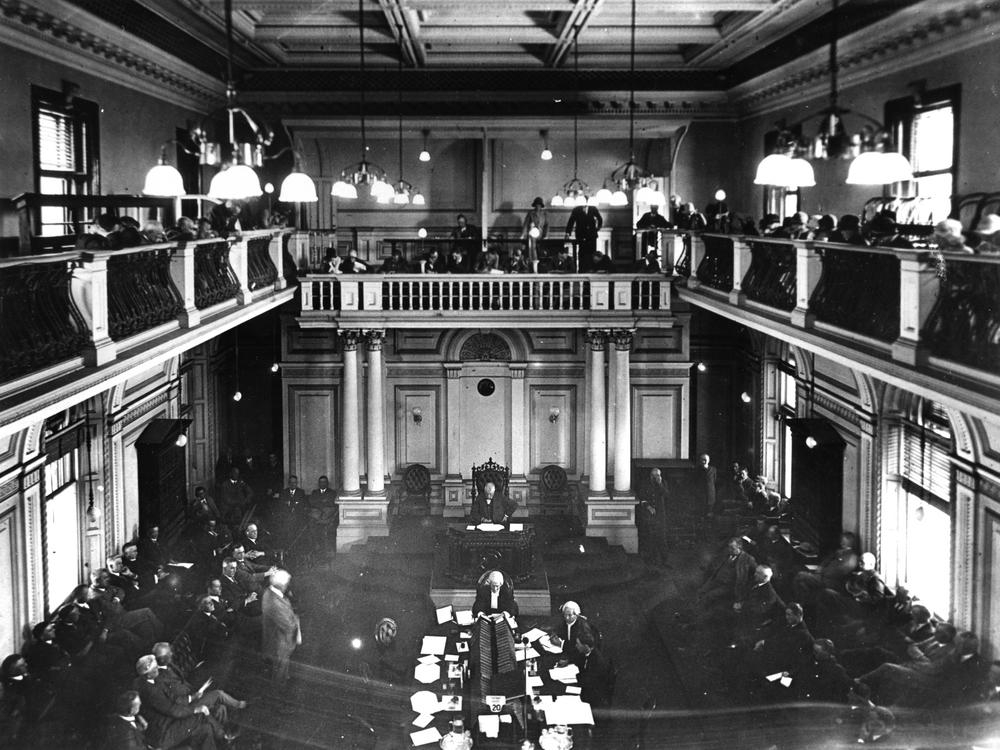
The Key Players
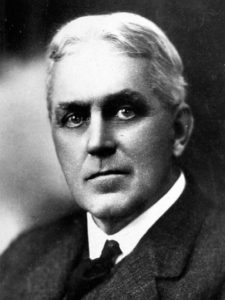
Arthur Edward Moore
Queensland Premier (21 May 1929 – 17 June 1932)
Member for Aubigny (22 May 1915 – 29 March 1941)
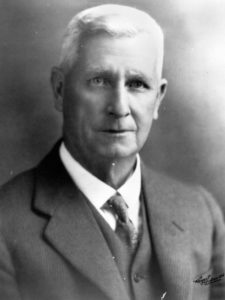
Reginald MacDonnell King
Secretary for Public Works and Public Instruction (21 May 1929 – 17 June 1932)
Member for Logan (9 October 1920 – 8 May 1935)
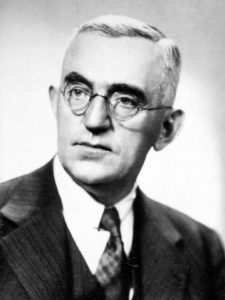
William Forgan Smith
Queensland Leader of the Opposition (27 May 1929 – 11 June 1932)
Member for Mackay (22 May 1915 – 9 December 1942)
Public protection has always been a central reason for the PE Act, as evidenced by the introductory remarks of the Secretary for Public Works, Mr King:
It is the intention of this Bill to register professional engineers and to give them a charter.
No person other than a qualified person shall use a title, name, words, or letters indicating that he is qualified or entitled to registration as a professional engineer. He must not take the name ‘professional engineer’ or ‘consulting engineer’ if he is not registered.
It is in the interests of the public for all professions to work under a charter, with proper regulations and proper government supervision.
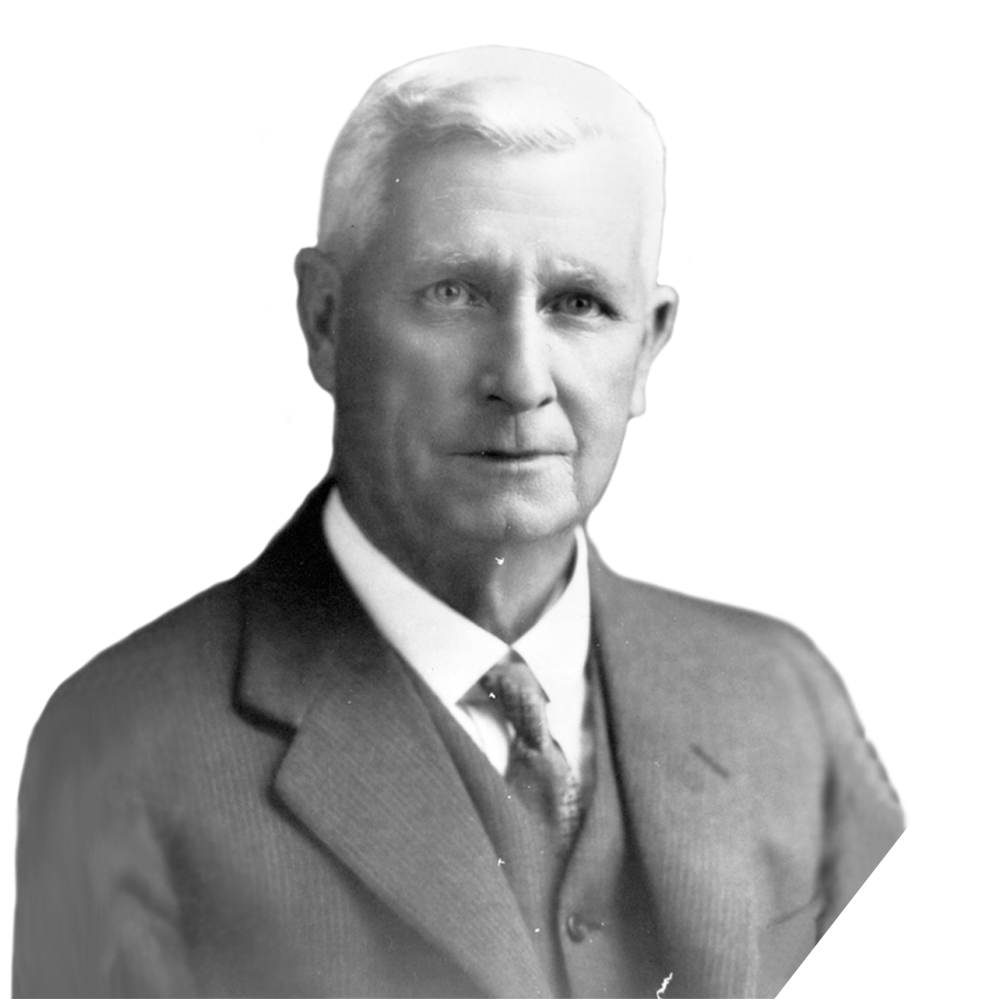
‘It is desirable that a Bill be introduced to provide for the registration of professional engineers’
– Hon. RM King Secretary for Public Works
The Opposition Leader, Mr Forgan Smith, believed that Queensland should not act unilaterally:
One of the reasons for the establishment of an Architects Board and the passage of that measure was that other States-notably New South Wales had a registration board for architects, and there was no reciprocity, the result being that architects from New South Wales could accept professional engagements in Brisbane, while an architect following his calling in Queensland did not have the privilege in New South Wales.
The Queensland Parliament had earlier legislated for the registration of optometrists. Mr Forgan Smith drew parallels between optometrists and engineers in saying fees for service would rise under the proposed legislation:
Since the optometrists act came into force, the increase in the price of glasses has been tremendous!
The competence and certificates of non-professional engineers should continue to be recognised according to Mr Forgan Smith:
[A] man with the degree of Bachelor of Engineering of the Queensland University or one holding a degree of similar status will be entitled to a certificate of registration; but we need to be sure that a man now carrying on his work in Queensland under a different statute is not adversely affected. A man may hold the highest engineering certificate – that of extra-chief Engineer issued by the British Board of Trade – a certificate held by men in charge of the engine-rooms of such vessels as the “Mauretania” and other liners – and yet not come within the scope of this measure (i.e. be eligible for registration).
Member for Kurilpa, James Fry, also made the comparison between registered professions, but in support of the Professional Engineers Bill:
This Bill will encourage greater efficiency in engineering work. Mention has been made of the dentist[s]. Honourable members will remember that, before the Dental Act was passed, a barber could pull teeth, and he did pull them, too.
[There] must be order and regulation in all trades and professions if we are to get the best out of them.
Proving the city/country divide has long existed in Queensland, George Pollock, the Member for Gregory, believed the legislation would have unintended consequences for local government services in outback Queensland:
Western shire councils recognise that their best engineers are their working foremen, who are mostly uneducated men, but, nevertheless, men who know something of the terrain of the locality and have some idea of just where washaways are likely to take place. They know this as the result of long experience; and they know that, if you build a crossing and clam it up you are only making a dam for the water; which further away will wash out the road and make it necessary to build another crossing. These highly qualified engineers did not know this, with the result that thousands of pounds were spent in the Winton, Hughenden, Longreach, and other districts; and it was found later on that the jobs were useless. These men, although they were engineers, were not fitted to do the work they were sent there to do.
Frank Cooper, Member for Bremer, was one of the opposition’s most vocal critics of the Bill.
This is a matter that should be dealt with by the Commonwealth. [With state systems] there is the danger of creating a caste in engineering and raising barriers between the states.
[There is] apparently no provision in this Bill for the registration of apprentices or cadets in the engineering trade.
It is a very bad thing to give these boards absolute power so that by regulation and other means they may restrict the profession…[the minister should] retain power to intervene in matters that affect those young men who may be anxious to become engineers.
And perhaps Vernon Winstanley, Member for Queenton, can take credit for any rivalry between civil and mechanical engineers:
Nobody can deny that a civil engineer needs to have a fairly high degree of scholarship on order to be able to do his work effectively, but the same remark does not apply to a mechanical engineer.
The Bill eventually passed the Parliament and was given assent by Queensland Governor Lieutenant General the Honourable Sir Thomas Herbert John Chapman Goodwin on 23 December 1929.

 MY ACCOUNT
MY ACCOUNT
